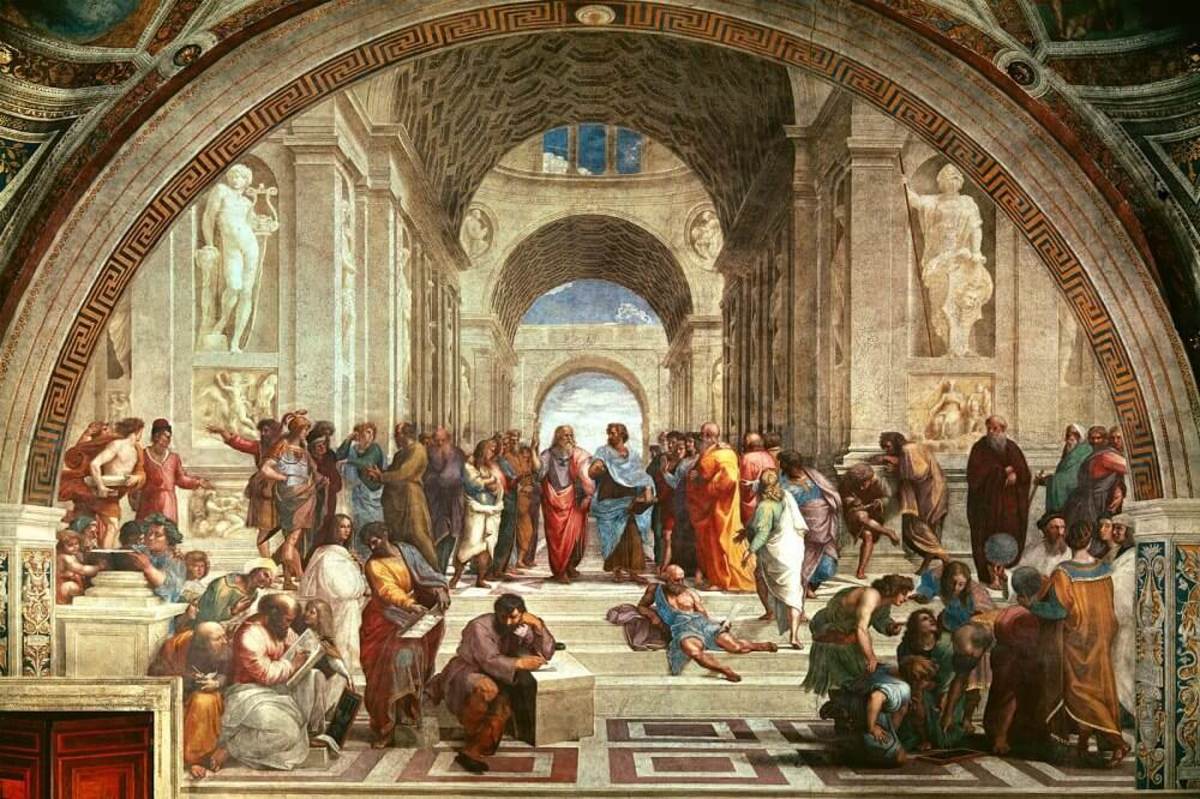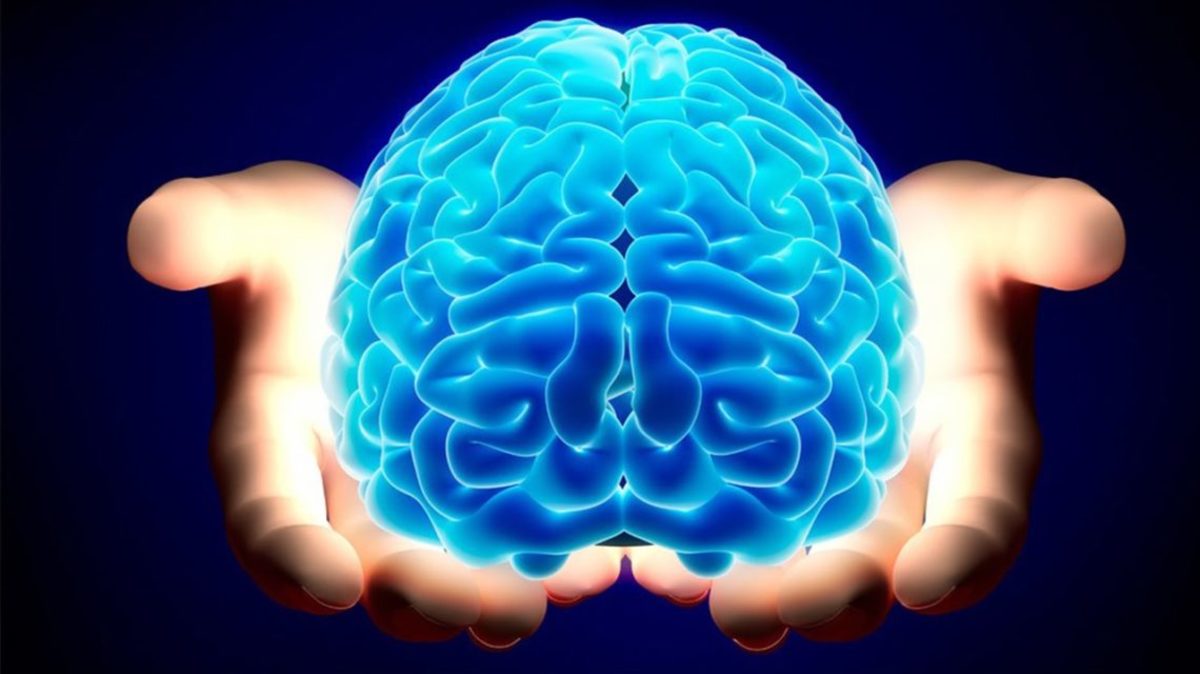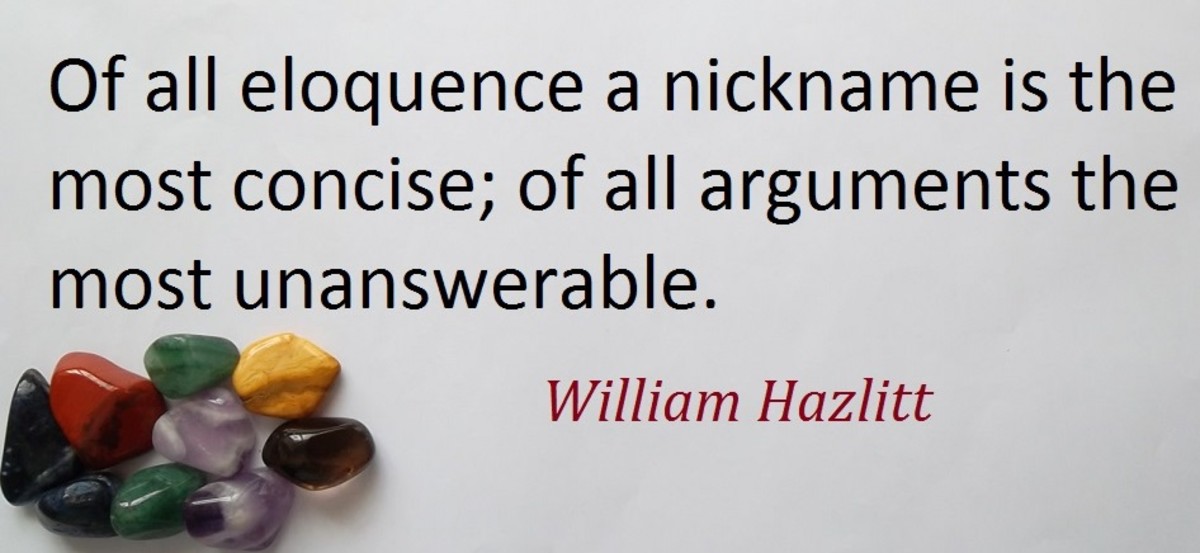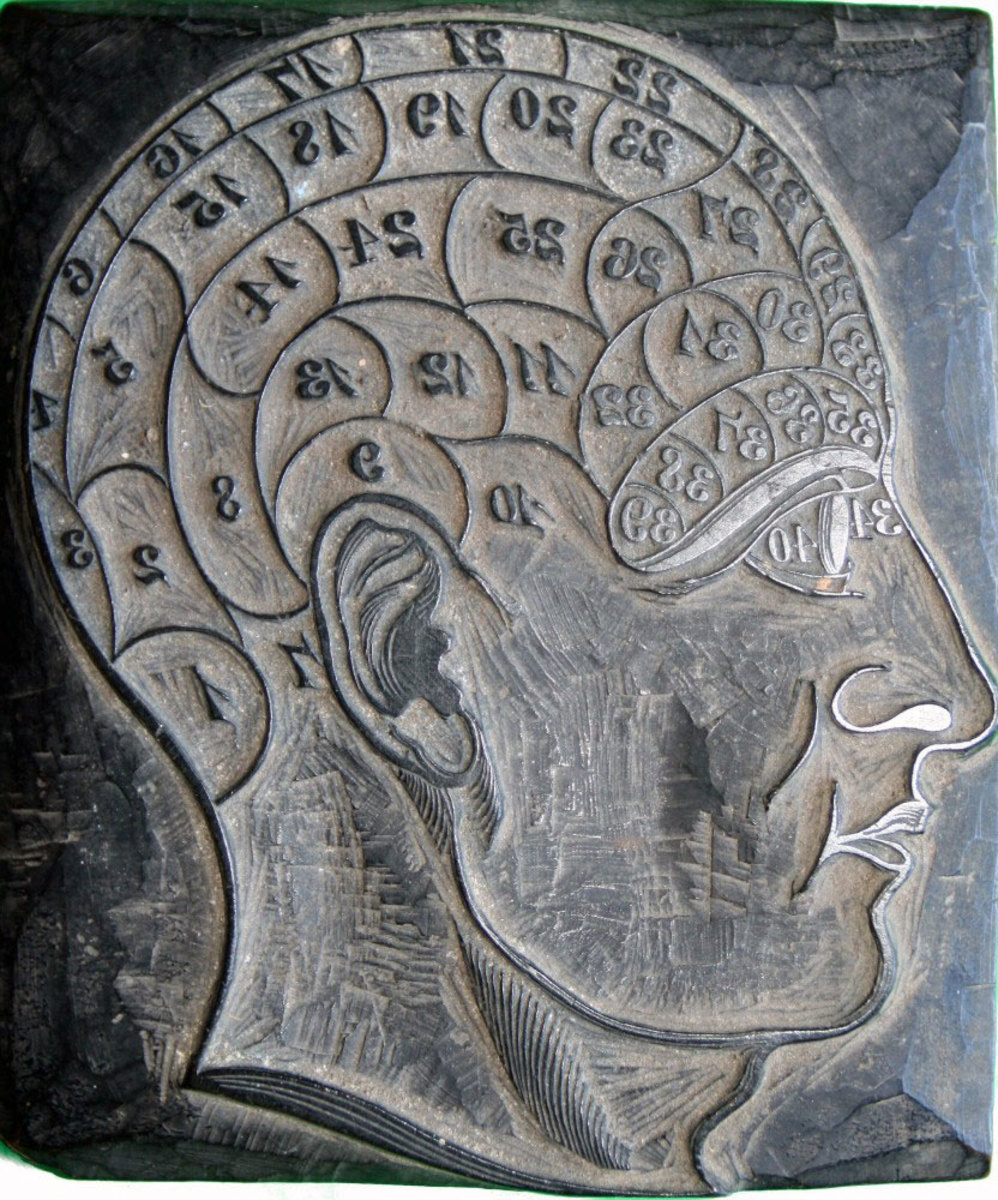The Mind-Body Distinction
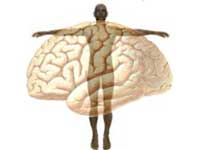
Introduction
Are we composed of mind and body, or are we one and not the other? Idealism would suggest that there is just mind. Materialism would suggest there is just body. A combination of the two would be dualism.
The first point when asking the question between mind and body is defining the terms used. There are many words that substitute mind but they are shaded quite differently: soul, spirit, personal identity or life force. When word soul is introduced into a theory it is putting a specific slant on things, one that presupposes God and secondly suggests the immortality of the soul and some sort of afterlife. However, we can have a mind separate from a body without those assumptions attached to it necessarily. Personal identity suggests a variation often used to show the mind is nothing more than what makes us different from others. Spirit and life force have mysticism influences.
The next question that comes up with this debate is why people find it necessary to believe the mind as separate from the body. If it is personal identity, then it is merely an expression that refers to yourself in a different way. As far as that is concerned the mind should not be all that defines who a person it. The ‘self’ can be seen as many factors including genetic structure, biology, unique collection of memories and influences of enviroment, as well as personality. Memories are often considered part of a person’s identity and yet they may not reside in the mind but the brain, “For what is memory but a faculty, by which we raise up images of past perceptions.” (Beyond, p. 375). In the case of amnesia certainly we could say part of the ‘self’ has changed when we remove all memories, but that should have nothing to do with the functions of the mind itself.
Perhaps the belief in the soul itself stems from our fear of death, fear of nothing and the unknown. Since the soul is eternal, then when life ends the soul endures. We can bypass this fear by considering only the nature of existence now and ignore the possibility of eternity of existence after death. We are free to do this because no matter what definition we ascribe to the mind, the soul can either be something else entirely or it can be a possibility added to a theory, although necessarily.
Materialism
The first theory to explore is Materialism: all body and no mind distinction at all. We might have an instant dislike for the notion that we are nothing but our biology, genes and the enviroment we were raised in. It does not seem like a complete explanation and there is some sort of missing factor that could be the mind. If there is no mind then all our ‘sensations are nothing over and above brain processes,’ (Does the Center Hold, p. 128). In fact, Hard Behaviorists in psychology believe there is “no such thing as minds or mental events, mental states, or mental processes.” (DCH, p.116), and that everything can be traced to behaviors. Rather reducing us to animals reacting to stimuli rather than complex animals ruled by numerous factors and while our enviroment constantly changes who we are, that is but a slice of the picture. So the behaviorist might run into trouble when we think of two different people raised in the same enviroment, even if we stipulate they have the exact same experiences, but they end up differently. Perhaps the missing element there is the possibility people start off with a personality that dictates how the react early to stimulus.
A straight up materialist would not believe personality to be an element of the mind but rather an element of genetics, enviroment stimulus and patterns of neuron firing. Can every aspect of selfhood to located in the brain? And if not what does that leave in the realm of the mind? Personality may seem like something that cannot be reduced to neuron firing but in fact it might be easy to see personality from a materialist point of view. It could be some of the major traits that do not change in someone’s personality are in fact genetic dispositions. Such as whether someone is extraverted or introverted. Based on that template the child will react to stimulus based on that inclination, which then leads to habits of behaviors based to the results of his actions. The pattern over time to enviroment and situations leads to an inclination to act a certain way, to behave a certain way… components of personality. Can the brain account for all our wishes, dreams and will? Consider the vast amount of neural connection, perhaps so. Many automatic thoughts and process to not even occur consciously. Some might argue it is the sense of consciousness itself, the awareness of our thinking, thinking about thinking; these are what constitutes the mind and cannot be accounted with by the brain alone.
Another problem with materialism has to do with the nature of the body itself. The body and the brain compose a complex system that is balanced. When it is not balanced the body warns the brain and the brain responds. Our physical structure has many features created for survival in that it communicates to the brain what is wrong, deals with stress and stores energy. Yet the mind can completely ignore the brain and at times does not even know what it is telling it. Diving out of a plane for fun still activates the bodies reaction to stress; the consequent adrenaline rush. If the mind can go against the body that might suggest there is a fundamental separation. People do things everyday that go against their survival. People can even commit suicide, which is completely overriding survival instincts. The brain continues to regulate the system, distribute nutrients and hormones, react to information, store and process information, all without our conscious awareness. It is the mind that wills to do things with the information and is the action and motion that operates the brain. The ghost in the machine. The consciousness arising from a pattern of neural firings.
David Hume had great difficulty finding the ‘self’, “For my part, when I enter most intimately into what I call myself, I always stumble across some particular perception or other.” (Beyond, p. 363). In fact, when we think about attribute we would ascribe to the mind we can instead find it within the brain.
“What he is denying is that ‘self’ is anything ‘given’ in perception. And what he is offering on the positive side is the thesis that self is ‘a bundle or collection of different perceptions, which succeed each other with inconceivable rapidity, and are in perpetual flux and movement’”, (Beyond, p. 364)
Although all he is observing is the activity in his brain and mind. Definitely there is a constant flux of our senses supplying information, our quick analysis and interpretation of that information and many more processes that are automatic or conscious. Perhaps the ‘mind’ is the constant flux. It is a common assumption that the ‘soul’ is constant, unchanging and eternal, but it could easily be the opposite of that.
Idealism
Idealism as well is a one sided theory that claims that all is mind and there is no body. Some might rebel against this because we ‘feel’ the concreteness of the world that our senses inform us is there. Yet, as Rene Descartes, points out, our senses deceive us and we cannot even tell a dream from reality. And which layer of reality is really real anyway? The one we sense on the physical level, theorized on a atomic level or speculated on a quantum level? If we believe that the sub-atomic level is fundamentally real, then reality is not as tangible as we believe. Nor is it as separated. In fact it is all condensed energy and the spaces between. Perhaps then this level of reality is just an illusion. Illusion of separation, or concreteness and of body. Consciousness is fundamental, not matter. Some suggest all that is, is in fact expressions of God. While others, Berkeley, believe that to be is to be perceived. Indeed we can only know what we perceive and cannot prove the existence of anything we do not. Nor does what one person perceive the same as another’s, making the mind fundamental and reality something that cannot be absolutely known. Given it is the opposite of materialism we have the understanding it is not reality that is known, or known to the senses, it is perception of it, and sense data that can be known and that is all in the realm of the mind. Instead of wondering what aspect of the brain could be attributed to the mind, we might wonder what aspect of the mind can we attribute the brain. The brain is the instrument that is taking in all that sense data, but the mind is creating the picture.
Dualism
There are a few options available if we want to say some functions stem from the body while others are in the realm of the mind. Dualism seems like a fine compromise but there has to be a clear cut distinction between mind and body.
Interactionism is the theory Rene Descartes is known for. In this theory mind acts on body and body acts on mind. Some people believe will power and positive thinking can help with ill overcome their illness. Also some mental states like depression cause physical pain. Thus the state of the mind can affect the body. This suggests the brain and the mind are in constant interaction with each other. What Descartes find to be fundamental, that which cannot be denied, is the ego. I think therefore I am, or rather, I doubt therefore I am. Likewise there are many parts of our selfhood we can reduce to functions of the brain, but this core sense of the ‘I’ could be said to be the fundamental base of the mind. Yet mind and body are indeed separate according to Descartes. He said it is possible for his body to be sitting around while his spirit leaves. Indeed, if you believe in astral walking, then the mind can separate from the body.
There some issues that arise with dualism. The first is the location of the mind. Descartes made the error of stating the spirit is in the pituitary gland, which a part of the brain and thus the body. How can something immaterial like the mind act on something material like the body? We could say that everything is composed of atoms, which is merely condensed energy. If we postulate that the mind is a animating life force, merely energy that sparks the neurons. Then we do not have an issue, since energy can interact with energy. Although this solution runs the risk of going back to a monism and not a dualism at all.
At one time in history there have been experiments done by weighing someone on the brink of death and then after death so they could see how much the soul weights. Today we have a hard enough time deciding whether it exists. Given the strength of some theories, and what we can attribute to the mind and the body, we have to be open to the possibility of a mind and a connection between mind and body.
Notes:
Palmer, Donald Does the Center Hold? 1996
Swartz, Norman Beyond Experience. 1991

